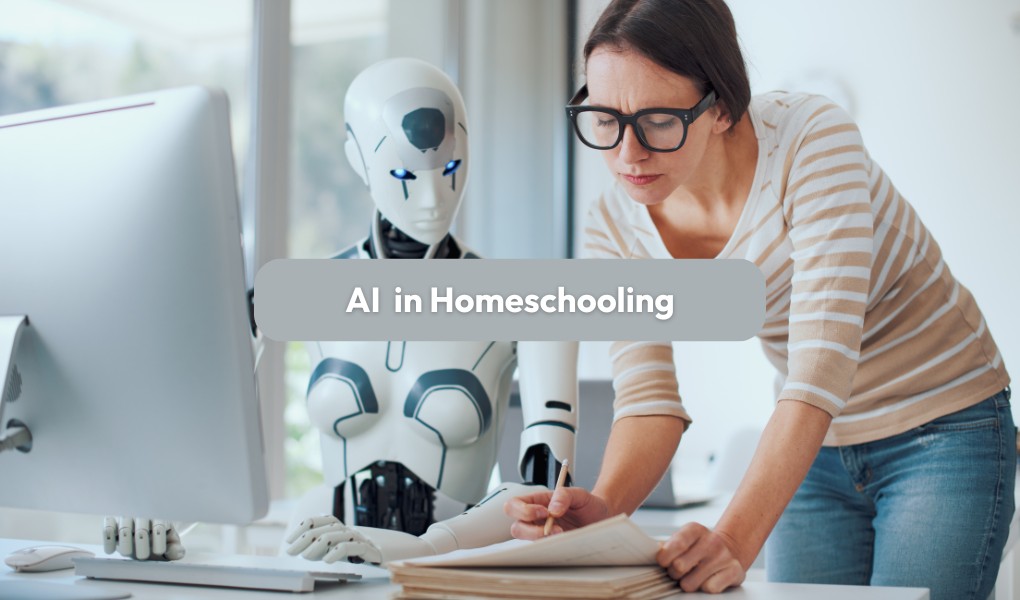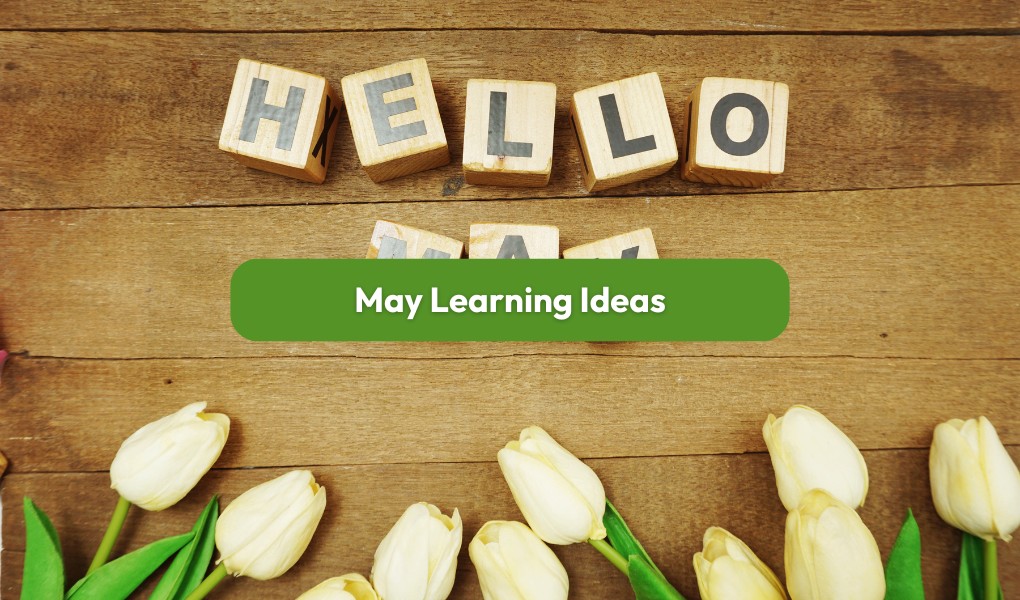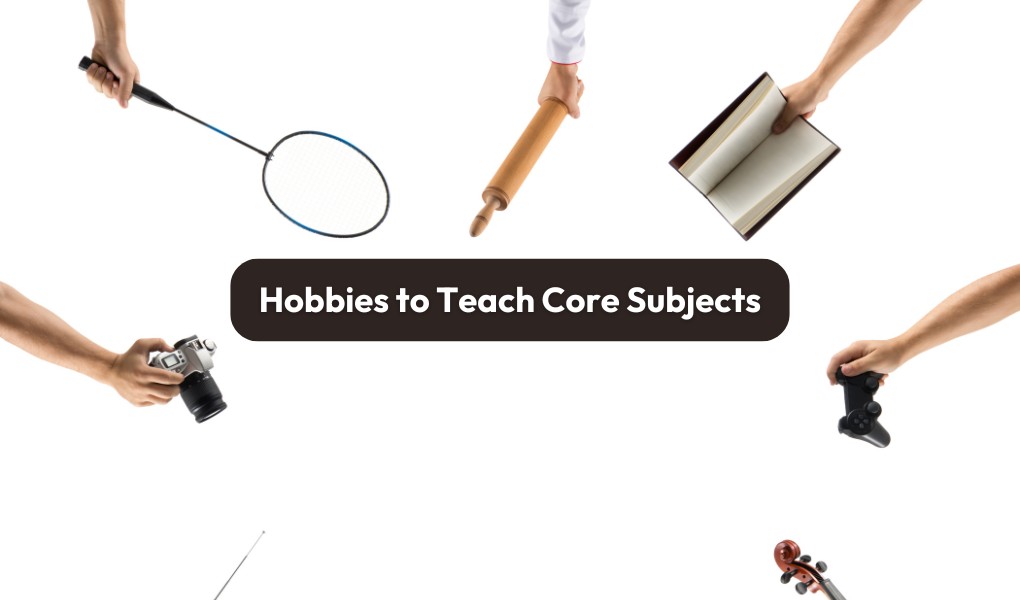We’re sharing 8 common myths about home education and debunking them to paint a clearer picture of what homeschooling truly involves.
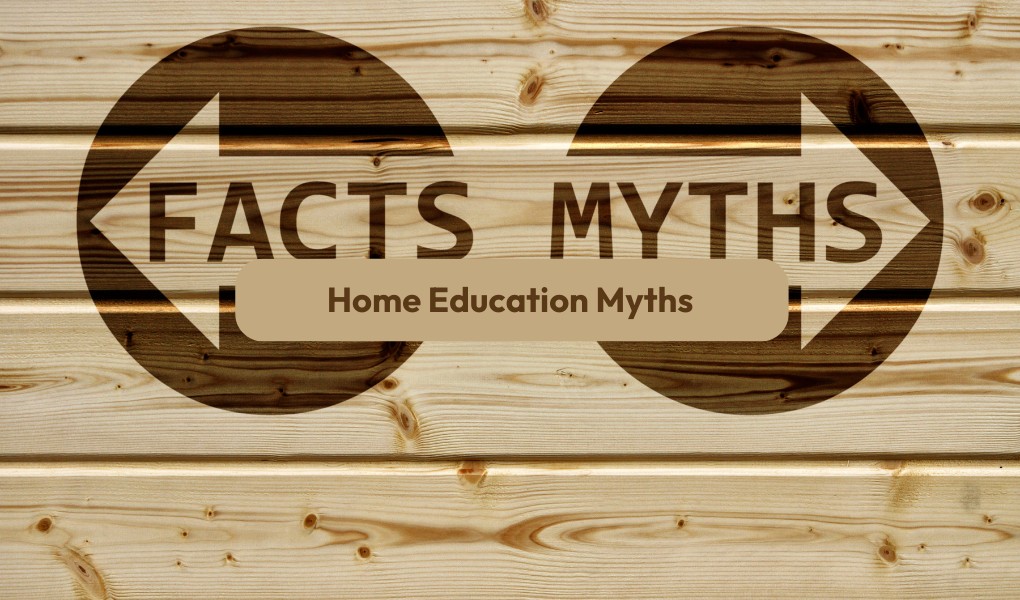
Although there is now a wealth of information about home education out there, and its popularity as an alternative choice to the traditional education system has soared in recent years, the myths and misconceptions still persist. Often these myths and misconceptions are fuelled by misunderstanding, outdated information or narrow-minded point of views.
So, we’re sharing 8 common myths about home education and debunking them to paint a clearer picture of what homeschooling truly involves.

Myth 1: Home Educated Children Lack Socialisation Skills
One of the most common and persistent myths about home education is the idea that homeschooled children are socially isolated.
Critics often imagine that without the daily interactions of a traditional school setting, homeschooled children will struggle to develop good social skills. They see school as perhaps the only means of making friends and interacting with their peers and misinterpret home education for creating ‘weird’ or ‘socially awkward’ children.
The term ‘home education’ often confuses people and implies that children are stuck at home all day and isolated from others, and therefore lack exposure to certain social situations and crucial interactions. This is not the case at all.
The Truth:
Contrary to this belief, homeschooled children actually socialise a lot and are exposed to more real-life situations than school children because they aren’t confined to four walls. Through daily social interactions and experiences, they learn how people talk to and treat each other in the real world.
Children are also more likely to engage with people of all ages, rather than just their peers, because they are exposed to diverse settings and different situations all the time.
And for all the people who wonder how home educated children meet each other, there are more than enough social activities and groups for them to attend. That’s what home education groups are for, after all.
Research has also shown that homeschooled children are generally well-adjusted and can easily integrate into society as adults. So no, socialisation isn’t a worry for home educators, even though it still remains one of the biggest myths about home education.
Myth 2: Parents Aren’t Qualified To Educate Their Children
Another widespread myth is that parents lack the necessary qualifications to educate their children. This belief is rooted in the assumption that only certified teachers have the expertise to provide a quality education.
If parents aren’t well adept or knowledgable about certain subjects that their child may be interested in then somehow they are hindering their child’s learning. But the truth is, parents are more than capable of homeschooling their children, regardless of their own education. So, why don’t parents need to be qualified to homeschool their children?
The Truth:
With the wealth of resources and support that we have available today, parents need not worry about any formal qualifications to teach their child. In fact, they don’t even have to interfere with the teaching aspect at all. Some believe that learning is not taught; it’s discovered. Whether you actively try to teach or not, your children will always be learning because life is full of lessons.
The myth that parents aren’t qualified to teach their children seems ridiculous when inarguably parents know their child’s strengths, weaknesses, and learning styles better than anyone ever could. With access to homeschool resources at the tips of our fingers, qualifications do not matter. What matters is home educators creating a learning environment that is personal to their children and one which will benefit them.
Myth 3: Homeschooled Children Fall Behind Academically
A common concern is that homeschooled children may fall behind academically because they do not receive the same standard of education as their peers in traditional schools. It is often misunderstood that being home educated means having fewer resources or less access to them, meaning they may fall behind easier.
The Truth:
Studies have consistently shown that home educated students perform just as well as, if not better than, their traditionally schooled peers on standardised tests and in higher education. In fact, because home education allows for a customised learning experience, children are able to follow their own interests and excel at them at a much faster pace. There’s no waiting around for the rest of the class to catch up, like in a traditional school.
The myth that homeschooled children fall behind academically is also quite a judgemental statement anyway, and is entirely based on the expectations of traditional education. Who’s to say a home educated child is ‘behind’ when there’s no limit on progress?
Myth 4: Homeschooled Children ‘Miss Out’
Another common myth about home education is that home educated children miss out on certain experiences, events, and relationships that they would only get from attending a traditional school. This includes things like prom, sports days, and having the same friendship group for years.
The Truth:
Whilst homeschooled children may not necessarily have the exact same experiences or form the same relationships that they would in a traditional school, they are by no means ‘missing out.’ In fact, homeschooled children have the chance to create their own versions of these experiences, events and friendships. It could also be argued that they have a lot more unique and valuable experiences and opportunities, and make more meaningful connections.
Myth 5: Home Education Is Expensive and Only for Wealthy Families
The misconception that home education is a costly endeavour and only affordable for wealthy families is one that couldn’t be further from the truth. But people still believe that it requires at least one parent to stay home full-time and that they need a lot of money to do it properly.
The Truth:
Home educating can be as affordable or as expensive as a family chooses to make it. That’s why it’s a good idea to stick to a budget.
Budget or not, there are numerous free and low-cost resources available, from online courses and public libraries to community resources and second-hand educational materials. Some families spend little more than the cost of basic supplies, while others invest in specialised curricula and extracurricular activities. And in terms of working, many homeschooling parents manage to work part-time or even full-time by creating flexible schedules or sharing teaching responsibilities with a partner or homeschooling co-op.
Myth 6: Home Education Leads to Gaps in Education
It’s a common misconception that homeschooled children will have significant gaps in their education, missing out on important subjects or content covered in traditional schools. This may be because families choose not to follow a curriculum or instead follow an unschooling approach.
The Truth:
When families make the decision to home educate, they ensure that they are giving their child a suitable education. What we must remember is that learning and progress look different for every child. Some families may choose to monitor progress through gaining experiences and new skills, whereas others may use some form of testing or quizzes.
The belief that there can be gaps in education is founded on following a traditional schooling method and curriculum. The reality is that one person’s homeschooling standards will be completely different to the next person, yet still valuable. The question is, are there really any gaps in education when children, even adults, are always learning and able to gain a deeper understanding of their interests through personalised experiences?
Myth 7: Home Educated Children Struggle Getting into Higher Education
A common myth about home education that often concerns parents is that home educated children will have difficulty gaining admission to college or higher education due to their non-traditional education background.
The Truth:
Many colleges and universities do not disfavour homeschooled students and actually recognise the unique strengths they bring to higher education. In fact, most universities in the UK accept students from a homeschool background every year. Homeschooled students typically have well-developed self-discipline, independence, and a passion for learning—qualities that colleges highly value.
Whilst school provides a lot of support to students wanting to get into a college or university, the parents of home educated children also step in to support their child and have access to resources that will help their child’s application. So, it’s no surprise that a home educated student will have just as much chance of getting into higher education as those from a traditional school.
Myth 8: Homeschooling is a Trend
With social media such a big part of our lives nowadays, homeschooling is often seen as a trend, meaning it’s not always taken seriously. Critics often argue that it won’t stick around or replace traditional schooling any time soon.
The Truth:
Whilst home education has grown immensely in popularity, it is far from a trend—it’s a lifestyle choice and one that is taken very seriously. After all, parents are taking full responsibility for their child’s education.
As for whether home education will become a passing trend, we’ve only seen its popularity continue to grow as families seek flexible and personalised educational options. Home education has been around for centuries and it’s definitely sticking around, though not as a trend
So, that’s 8 common myths about home education that we’ve debunked for you! And whether you’re new to the concept of home educating or already familiar, understanding the realities behind these myths can help you make informed decisions about your child’s education.
Curious about how to start home educating? Check out our Beginner’s Guide to Home Education for everything you need to know!
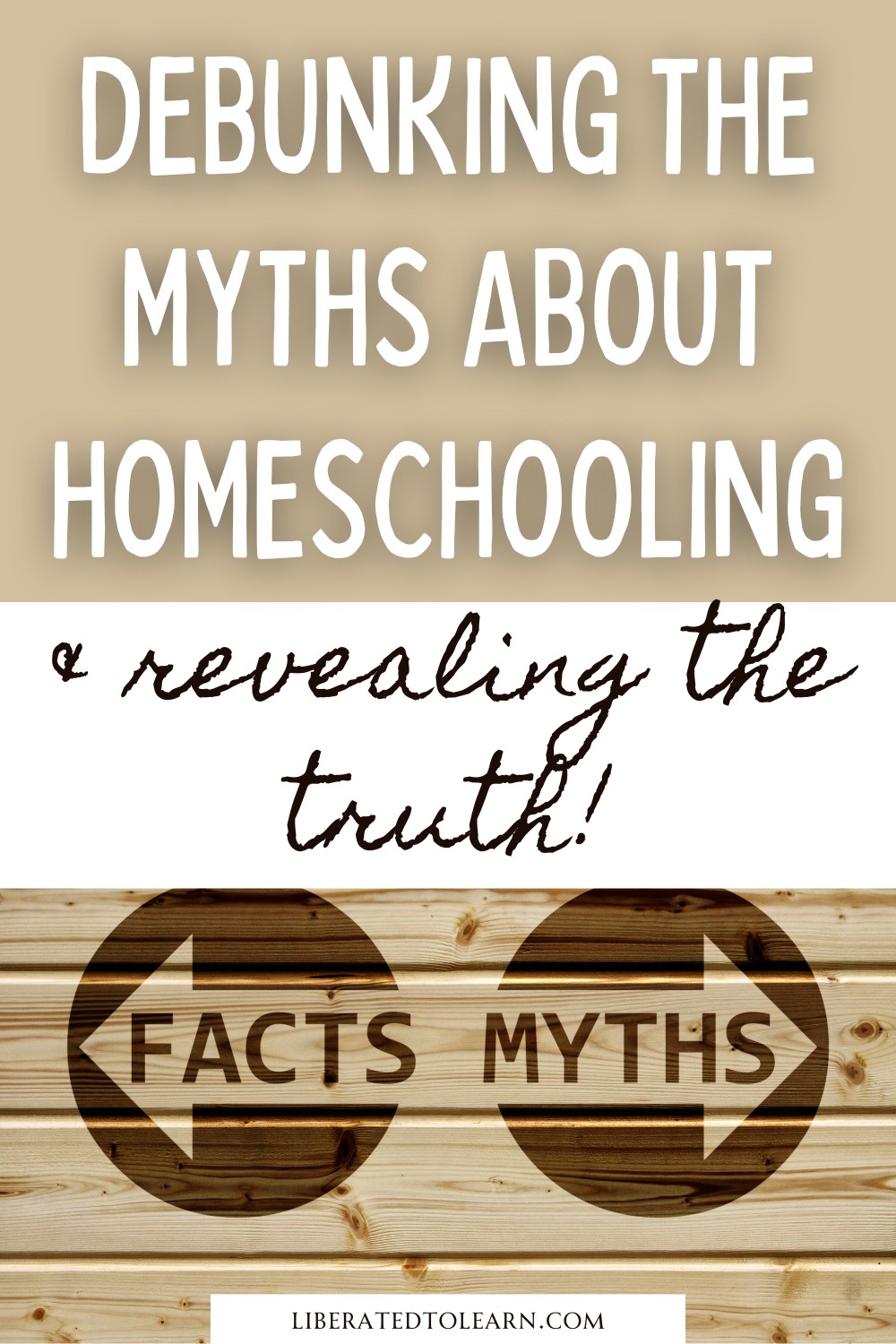
m@liberated
Want more from Liberated to Learn?
Subscribe to stay updated about new posts, resources and giveaways!





